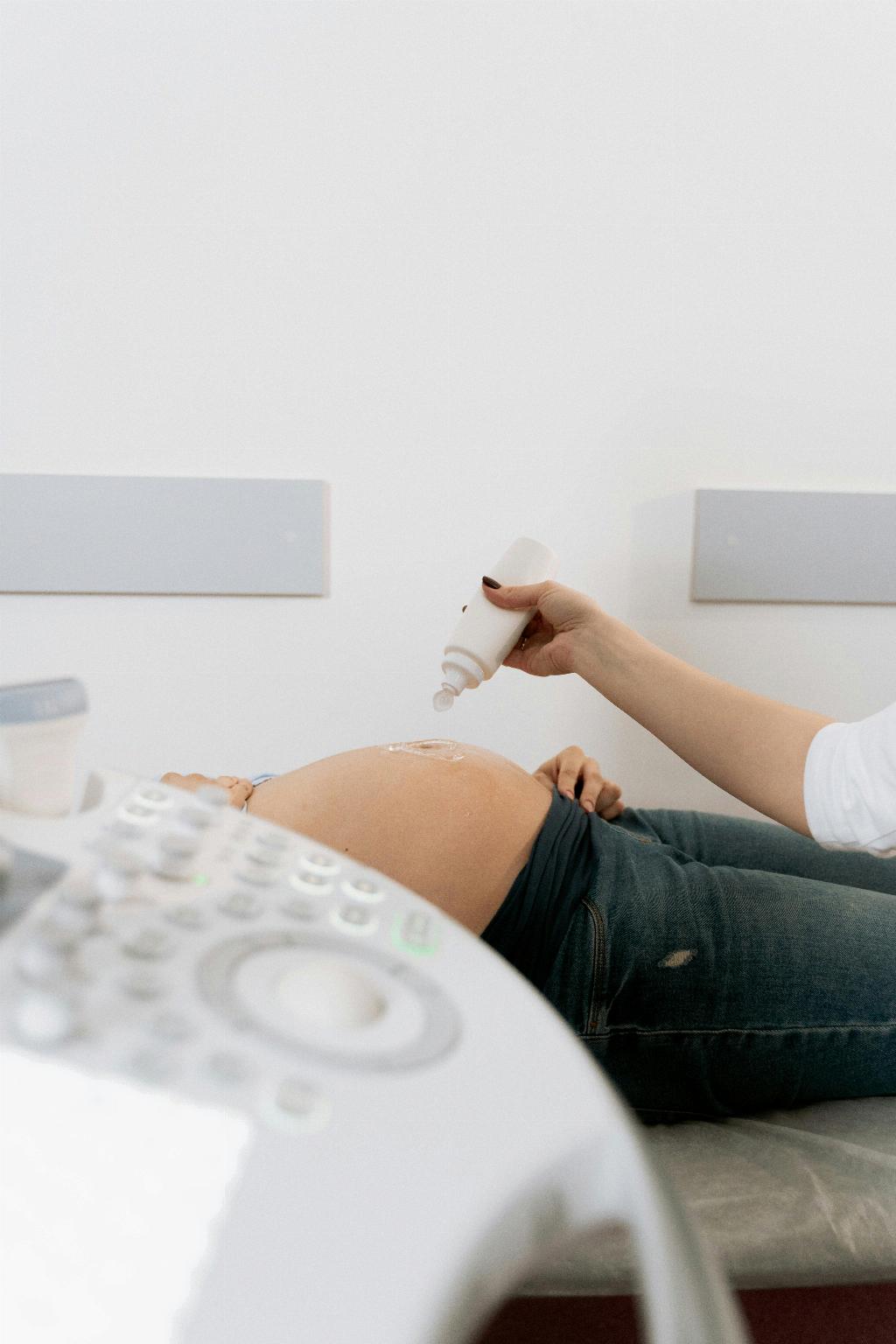When it comes to the challenges faced during pregnancy, sleepless nights are a common concern for many expectant mothers. The question of what causes sleepless nights during early pregnancy can be attributed to a variety of factors, with hormonal changes playing a significant role in disrupting the sleep patterns of pregnant individuals. These hormonal fluctuations, particularly in the first trimester, can lead to increased fatigue, nausea, and frequent trips to the bathroom, all of which can interfere with the ability to get a restful night’s sleep.
Impact of Hormonal Changes
The surge in hormones such as progesterone and estrogen during early pregnancy is crucial for supporting the developing fetus and preparing the body for the upcoming changes. However, these hormonal shifts can also result in physical discomfort and emotional fluctuations that contribute to insomnia. The body’s adjustment to these hormonal changes can disrupt the circadian rhythm, making it difficult for pregnant individuals to fall and stay asleep.
Physical Discomfort and Restless Nights
Aside from hormonal factors, physical discomfort plays a significant role in causing sleepless nights during early pregnancy. As the baby grows, the expanding uterus can lead to discomfort, back pain, and increased pressure on the bladder, prompting frequent urination throughout the night. Additionally, nausea and morning sickness, common in the first trimester, can further disrupt sleep patterns, making it challenging to achieve quality sleep.
Emotional Stress and Anxiety
Emotional stress and anxiety are additional contributors to insomnia during early pregnancy. The anticipation and uncertainty surrounding pregnancy, coupled with concerns about the health and well-being of the baby, can lead to heightened levels of anxiety that impact sleep quality. Mood swings, worries about childbirth, and changes in lifestyle can all contribute to a restless mind that prevents pregnant individuals from getting the rest they need.
Managing Sleeplessness Through Better Sleep Hygiene
While dealing with sleepless nights can be challenging, there are strategies that pregnant individuals can implement to improve their sleep quality. Establishing a consistent bedtime routine, creating a comfortable sleep environment, and avoiding stimulants such as caffeine and electronic devices before bed can promote better sleep hygiene. Setting aside time for relaxation techniques such as deep breathing, meditation, or gentle yoga can also help calm the mind and prepare for restful sleep.
Exploring Cognitive Behavioral Therapy
Cognitive behavioral therapy (CBT) has shown promising results in addressing insomnia during pregnancy by targeting negative thought patterns and behaviors that contribute to sleep disturbances. Through CBT techniques, pregnant individuals can learn coping mechanisms to manage stress, anxiety, and intrusive thoughts that interfere with sleep. By working with a therapist trained in CBT, expectant mothers can develop personalized strategies to improve their sleep quality and overall well-being.
Seeking Support and Guidance
It’s essential for pregnant individuals experiencing persistent sleep disturbances to seek support and guidance from healthcare providers or mental health professionals. By discussing their concerns with a healthcare provider, pregnant individuals can receive personalized recommendations, advice on safe sleep aids, and referrals to specialists if needed. Open communication and proactive management of sleep-related issues can help alleviate the challenges of insomnia during early pregnancy.
Importance of Self-Care and Prioritizing Rest
Amid the demands and responsibilities of pregnancy, self-care and prioritizing rest are crucial for the overall well-being of both the expectant mother and the developing baby. Recognizing the importance of adequate sleep and taking proactive steps to address sleeplessness can have a positive impact on physical health, emotional balance, and the ability to cope with the demands of pregnancy. By making self-care a priority, pregnant individuals can optimize their sleep quality and enhance their overall pregnancy experience.
Creating a Supportive Sleep Environment
Creating a supportive sleep environment is key to promoting restful sleep during early pregnancy. Ensuring that the bedroom is dark, quiet, and at a comfortable temperature can enhance the sleep quality of pregnant individuals. Investing in a supportive mattress and pillows that provide adequate comfort and support for the changing body can also improve sleep posture and reduce physical discomfort. By optimizing the sleep environment, expectant mothers can create a relaxing space conducive to peaceful and rejuvenating sleep.
Embracing Mind-Body Practices
Mind-body practices such as mindfulness meditation, gentle stretching, and progressive muscle relaxation can be beneficial for promoting relaxation and relieving stress during pregnancy. These practices not only help calm the mind and body but also enhance self-awareness, emotional well-being, and the connection between the expectant mother and the developing baby. By incorporating mind-body practices into daily routine, pregnant individuals can cultivate a sense of inner peace and balance that supports restful sleep and overall health.
Supporting Mental Health and Well-Being
Supporting mental health and well-being is essential for managing sleeplessness during early pregnancy. Engaging in activities that promote relaxation, connecting with supportive social networks, and seeking professional guidance when needed can help pregnant individuals navigate the emotional challenges of pregnancy. By fostering a positive mindset, practicing self-compassion, and addressing underlying mental health concerns, expectant mothers can cultivate resilience and emotional strength to cope with the ups and downs of pregnancy.
Conclusion
In conclusion, the causes of sleepless nights during early pregnancy are multi-faceted, encompassing hormonal changes, physical discomfort, emotional stress, and anxiety. By understanding the underlying factors contributing to insomnia, implementing strategies to improve sleep hygiene, exploring cognitive behavioral therapy, seeking support from healthcare providers, and prioritizing self-care, pregnant individuals can enhance their sleep quality and overall well-being throughout the pregnancy journey. Through proactive management and a holistic approach to sleep health, expectant mothers can navigate the challenges of sleeplessness with resilience, self-compassion, and a focus on nurturing both body and mind during this transformative time.

